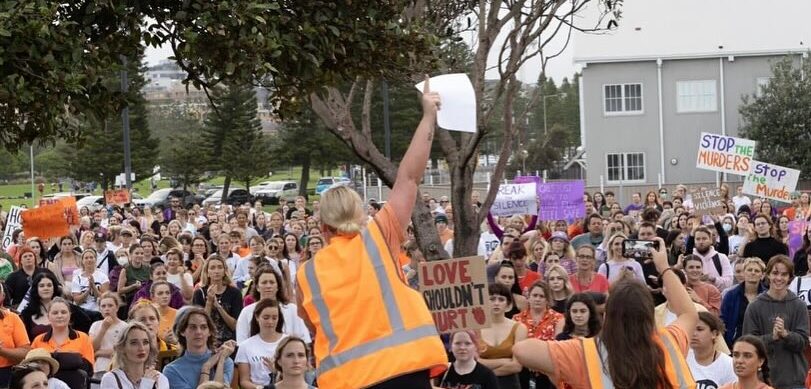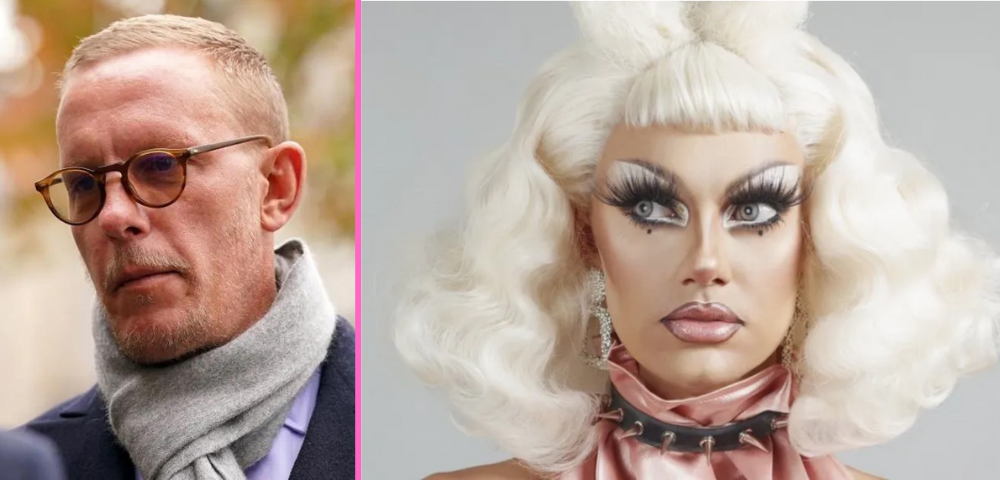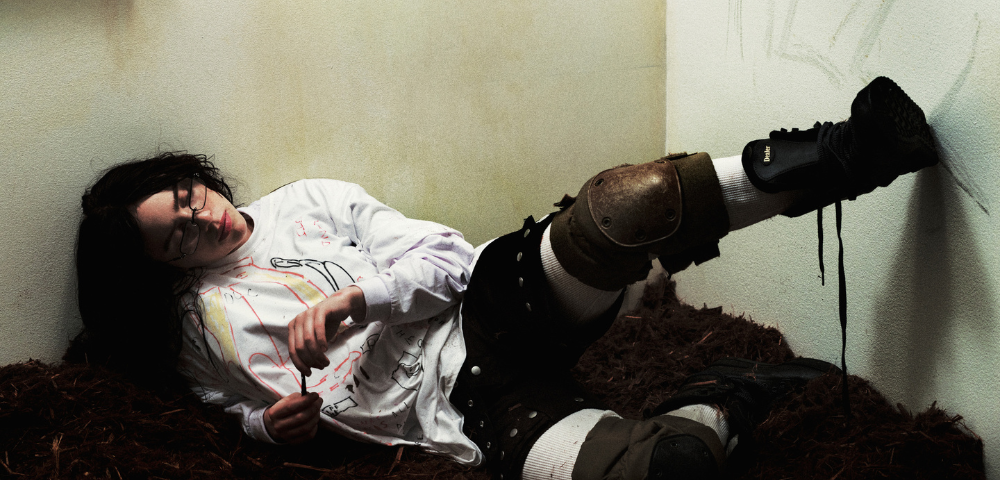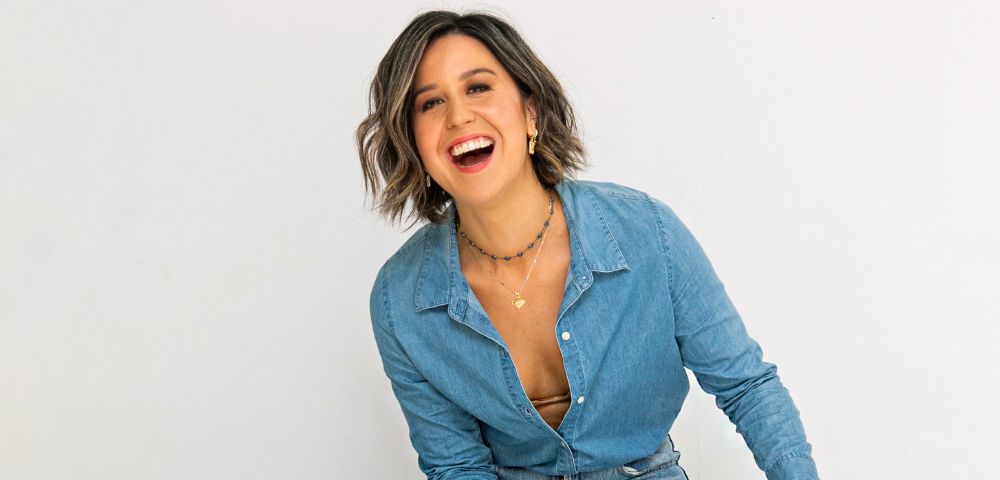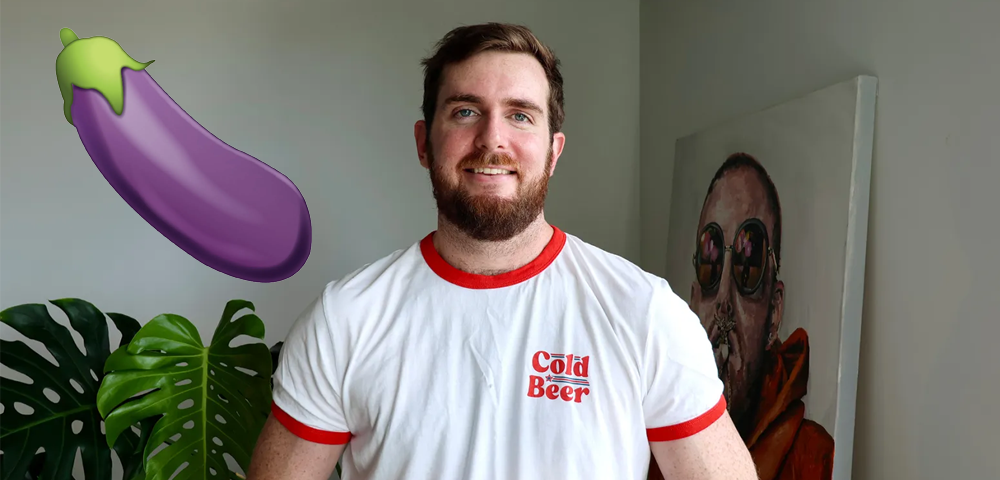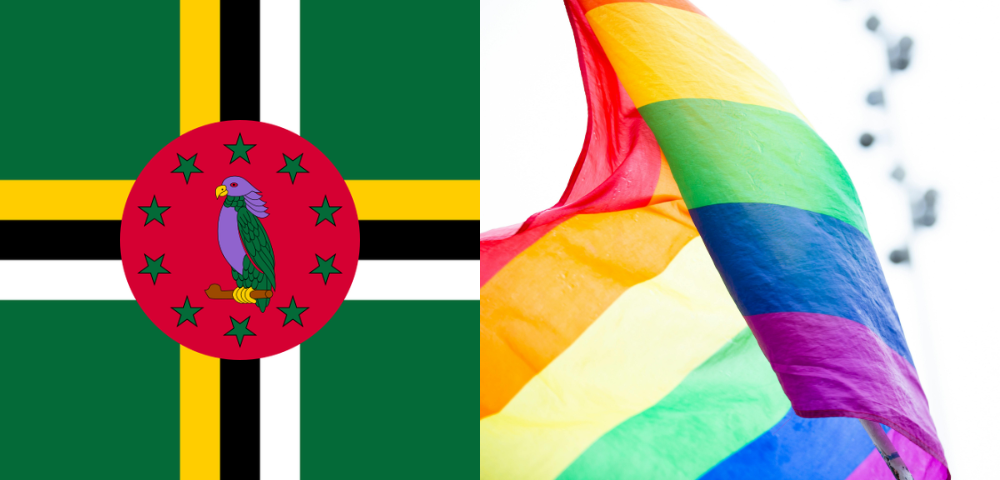
Buddhists come out for equality
The House of Representatives public hearing on same-sex marriage, held at NSW Parliament on April 12, saw the largest non-Christian religious faith in Australia come out in support of marriage equality.
The Federation of Australian Buddhist Counc
ils (FABC), representing Buddhist laypeople, and the Australian Sangha Association, representing Buddhist clergy, both put their support on the record.
Buddhist monk Bhante Sujato spoke on behalf of both groups.
“We should be focusing on the alleviation of human suffering, responding to human need,” Sujato told MPs.
A FABC submission to the Standing Committee on Social Policy and Legal Affairs by Bodhinyana Monastery abbot Ajahn Brahm said religion had never owned the institution of marriage.
“Marriage was not always a religious ceremony,” Brahm wrote.
“Well before Christianity and Islam appeared, and independent of any Jewish tradition, Buddhism recognised and supported marriage without claiming to have invented it. The fact is that the rite of marriage existed before religion, and thus no one faith can legitimately claim ownership of it.
“The suggestion that a civil contract is good enough for gays and lesbians is like throwing crumbs to the hungry. It is not acceptable to them, or to any other clear-thinking person.
“We owe it to the institution of marriage, and to those who are married, to extend its warmth to those who are presently excluded. Extending love can only make for a better society.”
Australia’s Buddhist community is as large as its Muslim and Jewish communities combined.
Union for Progressive Judaism executive director Steve Denenberg reiterated Progressive Judaism’s support for marriage equality at the hearing.
Denenberg later told J-Wire that he told the committee that, “based on our beliefs that each person is created in the image of God, the way that person expresses his or her sexuality, each person is equal”.
“Therefore, their rights for full participation in society should be equal, including the right to marry,” Denenberg said. “Equality would dictate that same-gender couples should be able to marry.”
Sikh and Hindu speakers at the hearing were either opposed or undecided.
The final number of submissions to the Senate inquiry into marriage equality was 75,000, the most an Australian Senate inquiry has ever received.
Of those, 44,000, or 59 percent, were in favour while 31,000 were against.
“The unprecedented level of support for this legislation reflects the fact that a majority of Australians support marriage equality and support it passionately,” Australian Marriage Equality national convenor Alex Greenwich said.
“The take-home message for our federal politicians is that the Australian public wants this reform and wants it now.”




